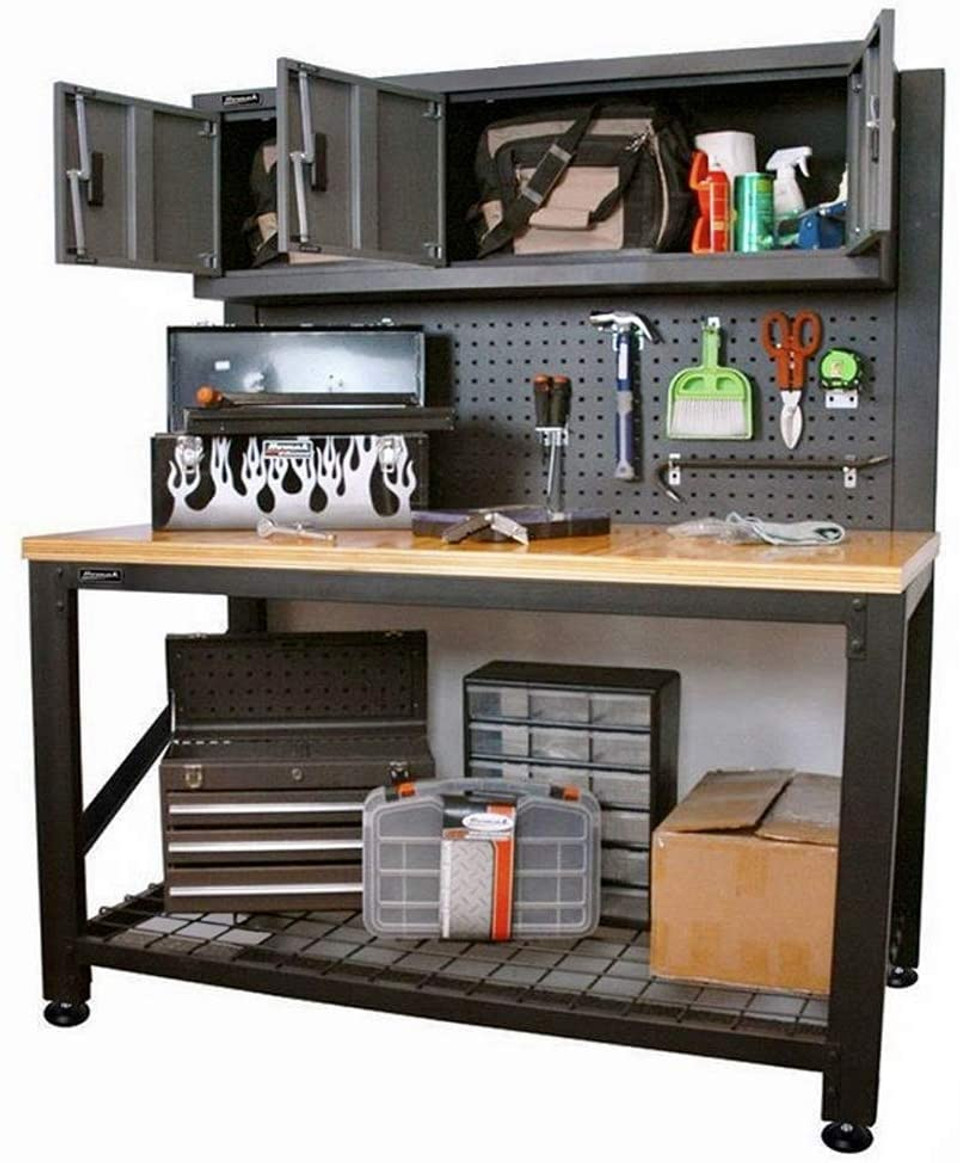Basements are versatile spaces that can be transformed into anything from home gyms to family rooms. However, choosing the right flooring is crucial due to the basement’s susceptibility to moisture and temperature changes. This blog explores various flooring options, highlighting their advantages, drawbacks, necessary tools for installation, cost considerations, and more to help you make an informed decision.
Pros of Basement Flooring Options
Basement flooring comes in various materials, each offering unique benefits:
- Vinyl Flooring: Waterproof and durable, vinyl is ideal for damp basements.
- Ceramic Tiles: Resistant to moisture and available in numerous styles.
- Epoxy Floor Coatings: Offers a waterproof, seamless finish ideal for utility spaces.
- Engineered Wood: Provides the warmth of wood without the expansion issues of hardwood.
- Carpet Tiles: Adds warmth and comfort underfoot, suitable for family rooms.
Each of these options provides a robust solution to basement flooring challenges, ensuring longevity and aesthetic appeal.
Cons of Basement Flooring Options
While there are many great flooring options, there are also some disadvantages to consider:
- Vinyl Flooring: Can be punctured by sharp objects and might emit VOCs (Volatile Organic Compounds).
- Ceramic Tiles: Hard and cold underfoot, potentially uncomfortable without heating.
- Epoxy Floor Coatings: Requires professional installation and thorough surface preparation.
- Engineered Wood: Not suitable for flood-prone areas despite better moisture resistance than hardwood.
- Carpet Tiles: Can mold if moisture seeps in and is difficult to dry out.
Understanding these limitations is crucial to selecting the best flooring that matches your specific basement conditions.
Recommended Tools for the Project
To install basement flooring effectively, you’ll need the right tools:
- Measuring Tape
- Utility Knife (for cutting tiles and rolls)
- Adhesive (specific to flooring type)
- Trowel (for spreading adhesive)
- Level (to ensure even surface preparation)
Having these tools on hand will facilitate a smoother installation process.
Comparisons of Basement Flooring Options
Comparing basement flooring types can help highlight which might be best for your space:
- Vinyl vs. Ceramic Tiles: Vinyl is more versatile and less expensive, while ceramic offers better longevity.
- Epoxy Coatings vs. Engineered Wood: Epoxy is more durable and moisture-resistant, whereas engineered wood offers a classic look and feel.
- Carpet Tiles vs. Vinyl: Carpet tiles provide comfort and noise reduction, but vinyl offers superior moisture resistance and durability.
Cost Considerations
The cost of basement flooring can vary widely based on material and installation requirements:
- Vinyl Flooring: Typically ranges from $2 to $5 per square foot.
- Ceramic Tiles: Can cost between $5 and $10 per square foot.
- Epoxy Floor Coatings: Generally between $3 and $7 per square foot.
- Engineered Wood: Priced around $4 to $9 per square foot.
- Carpet Tiles: Usually between $1 and $4 per square foot.
Budgeting for both materials and potential installation fees is crucial for a successful project.
Tips & Tricks
Here are some tips to enhance your basement flooring installation:
- Moisture Test: Before installation, conduct a moisture test to ensure the flooring type is appropriate.
- Underlayment: Use an underlayment where needed to improve moisture barriers and comfort.
- Heating Options: Consider installing in-floor heating under ceramic tiles for added comfort.
- Seams Sealing: Seal the seams of vinyl flooring to prevent moisture penetration.
- Professional Advice: Consult with a flooring specialist to choose the best option for your specific conditions.
FAQs
Q: Can laminate flooring be used in basements? A: Laminate can be used but isn’t ideal for damp areas unless it’s specifically designed to be waterproof.
Q: How long does basement flooring last? A: Depending on the material and environmental conditions, basement flooring can last from 10 to 50 years.
Q: Is it necessary to hire a professional for installation? A: Professional installation is recommended for most types of flooring to ensure quality and durability, especially for complex materials like epoxy and ceramic.
Updates and Future Considerations
Looking ahead, the trend in basement flooring points towards eco-friendly materials and improved moisture-resistant technologies. Innovations such as water-resistant laminate and bio-based tiles are expected to gain popularity, offering more sustainable and versatile flooring solutions for basements.







